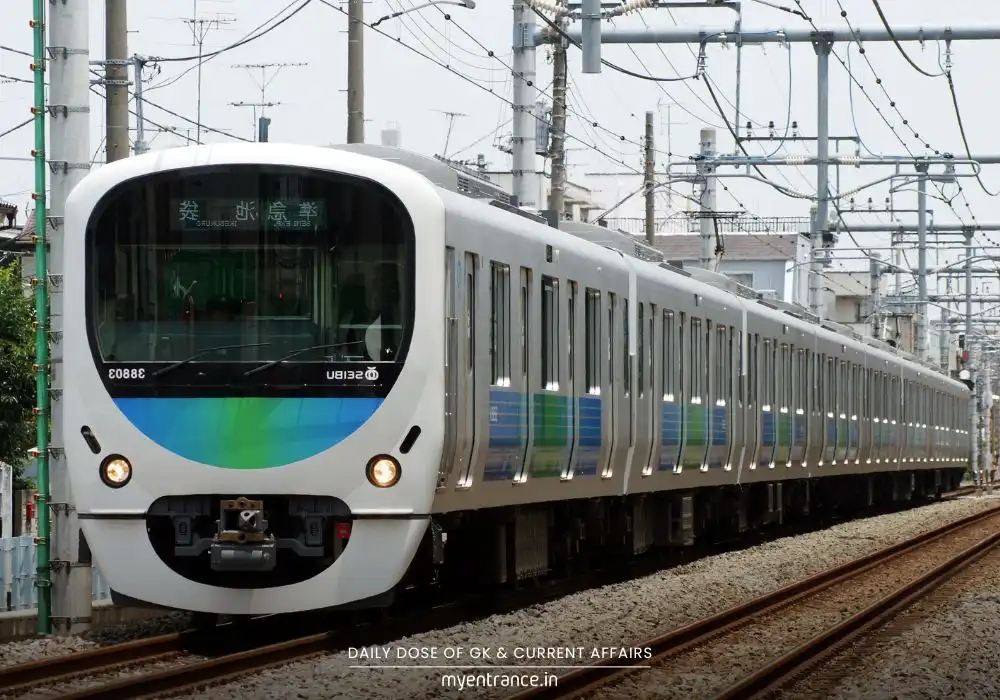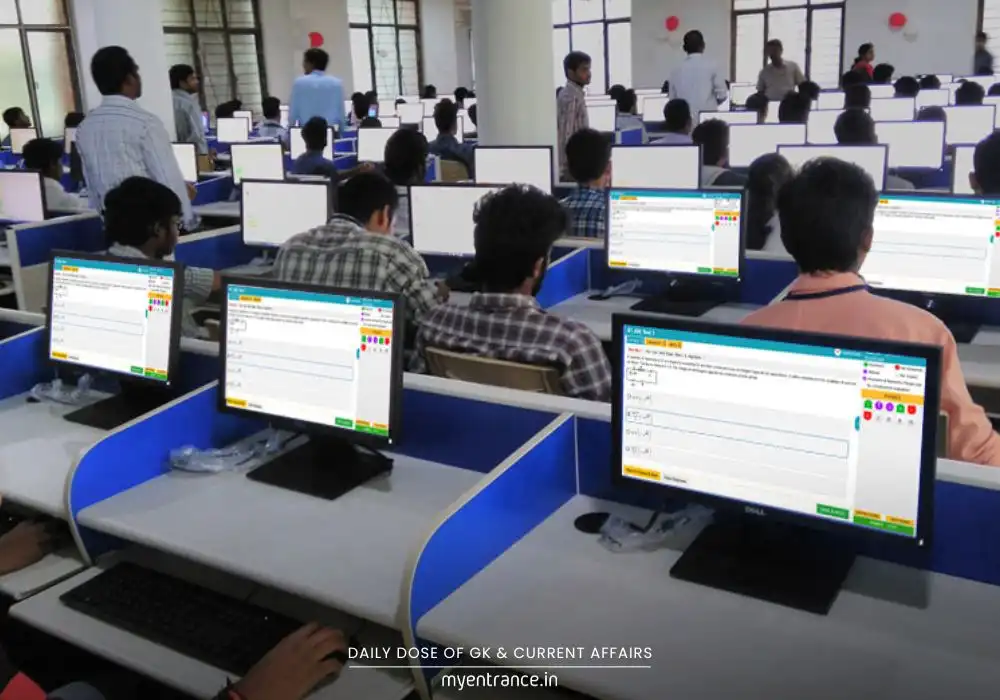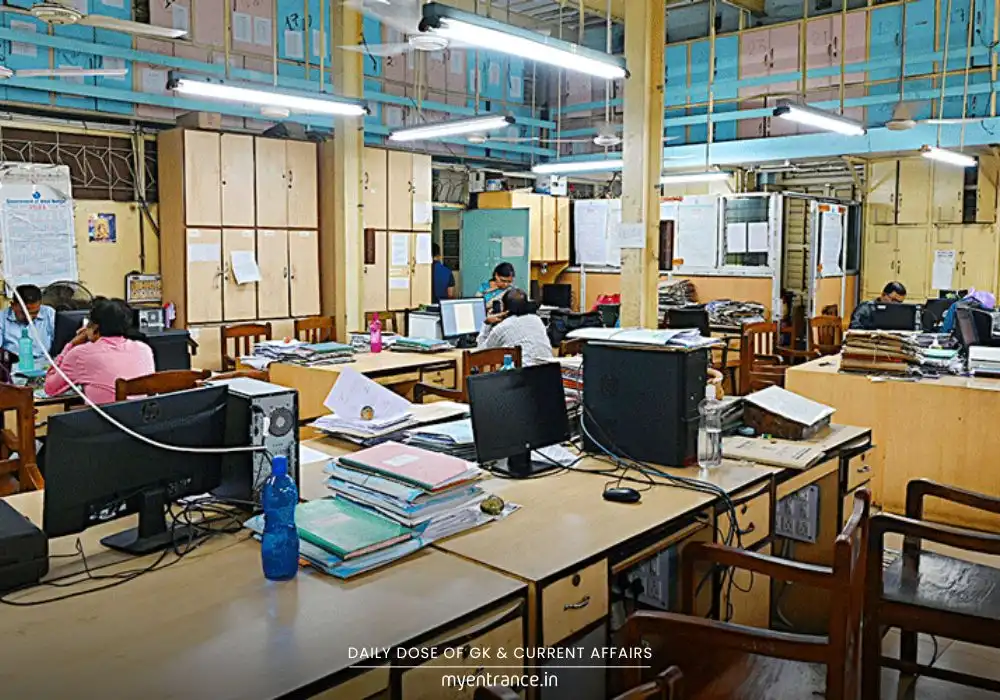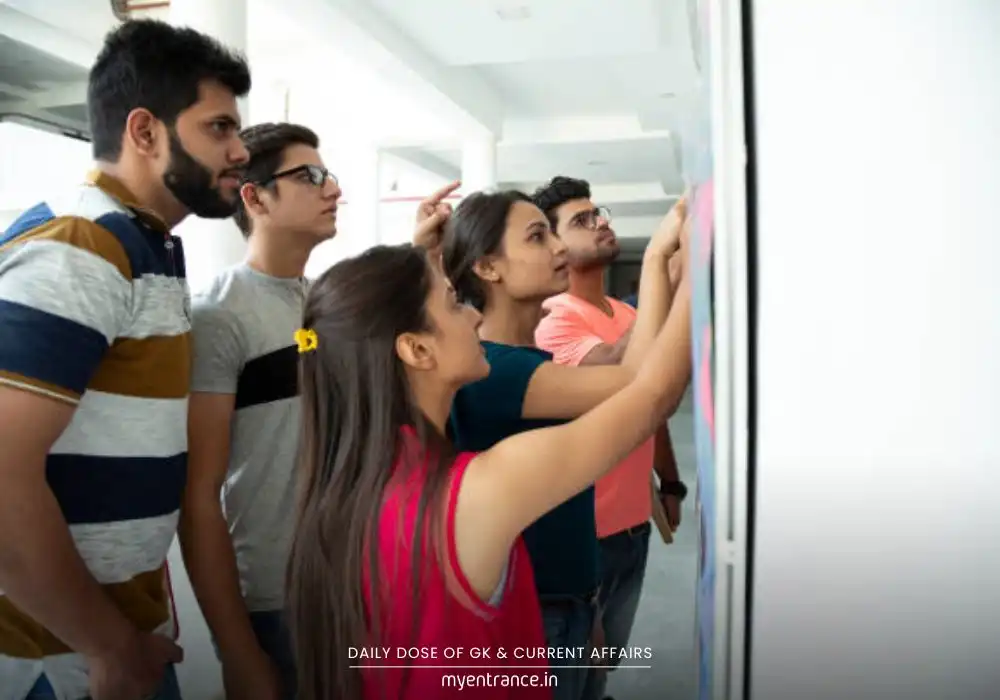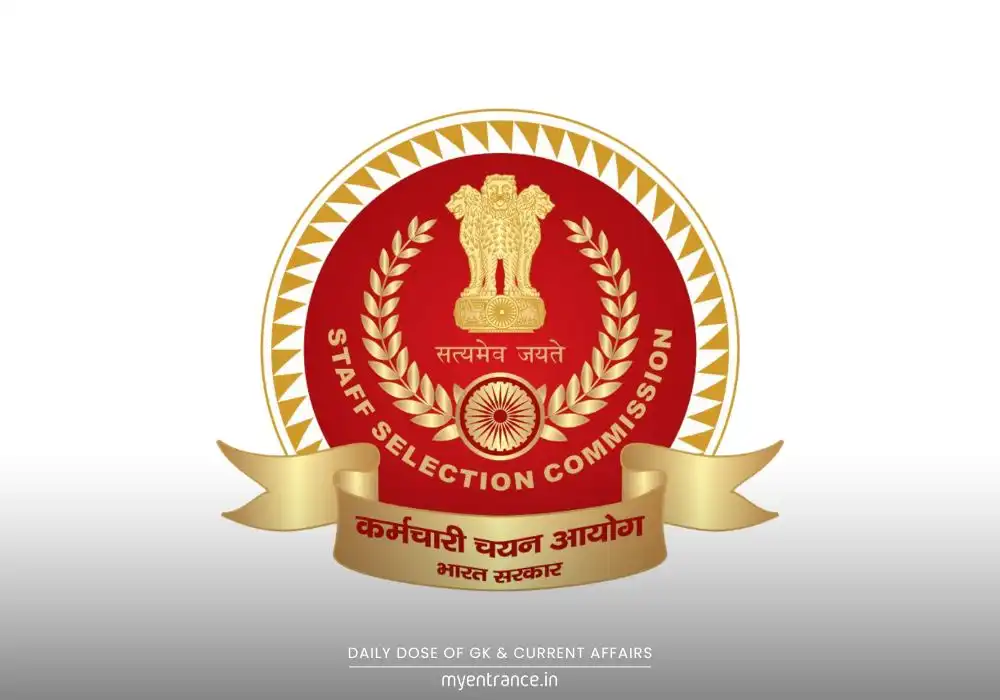Translate Language
IAF Modernization Takes Flight: Final Airbus C-295 Received Ahead of Schedule!
India’s defence capabilities take a significant leap forward with the final delivery of the Airbus C-295 transport aircraft from Spain. This milestone modernizes the IAF by replacing its ageing Avro fleet with versatile, efficient jets. Crucially, it paves the way for indigenous manufacturing of the next 40 aircraft by Tata in India.
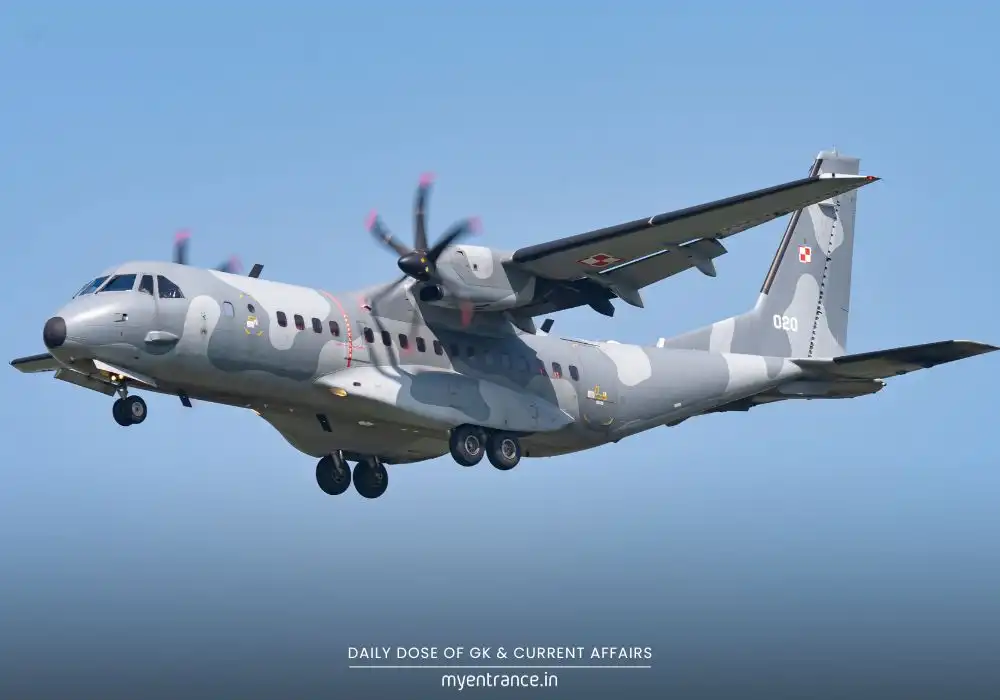
Professor’s Analysis: The C-295 Milestone
“Students, this is a landmark moment for Indian defence and self-reliance. Just recently, India proudly accepted the 16th and final Airbus C-295 military transport aircraft directly from Spain. This delivery, remarkably completed two months ahead of schedule, signifies a crucial step in the Indian Air Force’s long-term modernization strategy. Think of it as replacing old, less efficient workhorses with powerful, versatile new engines.
The C-295 itself is a formidable tactical transport aircraft. It can carry loads between 5 to 10 tonnes and stay airborne for up to 11 hours – a huge operational advantage. Its advanced avionics make it adaptable for diverse military missions, from troop and cargo transport to humanitarian aid and medical evacuation. This versatility is key for a force like the IAF.
The real game-changer, however, lies in the ‘Make in India’ dimension. Remember the contract signed in September 2021? It wasn’t just about buying 56 aircraft. The deal stipulated that while the first 16 would come ready-to-fly from Spain, the remaining 40 will be manufactured right here in India by Tata Advanced Systems Limited (TASL).
This final delivery from Spain closes that initial chapter. Now, focus shifts completely to Vadodara, Gujarat. Prime Minister Modi and Spain’s PM Sanchez inaugurated the TATA Aircraft Manufacturing Facility there last October. This facility isn’t just an assembly line; it’s India’s first private sector Final Assembly Line (FAL) for military aircraft. TASL will handle the entire process: manufacturing critical parts, assembling the aircraft, rigorous testing, delivery, and even lifecycle maintenance. This creates a comprehensive aerospace ecosystem within India.
Furthermore, this program fosters significant collaboration. It brings together major players like Bharat Electronics Ltd (BEL), Bharat Dynamics Ltd (BDL), and numerous private Micro, Small, and Medium Enterprises (MSMEs). This consortium model represents one of the most impactful public-private partnerships (PPP) in India’s recent defence history, boosting indigenous capability and the defence industrial base.”
Why is this Important for Exams (UPSC, SSC, PSC, CAPF, Defence Exams)?
Defence Modernization: Illustrates ongoing efforts to modernize the Indian Armed Forces, replacing obsolete equipment (Avro) with advanced technology (C-295).
Make in India / Atmanirbhar Bharat: A prime example of defence indigenization. The local manufacturing of 40 aircraft by TASL is a flagship project under this initiative, reducing import dependence.
Public-Private Partnership (PPP): Highlights the successful collaboration between the government (IAF, MoD), a global OEM (Airbus), and Indian private industry (Tata Group, MSMEs) along with DPSUs (BEL, BDL). This model is crucial for future defence projects.
Boosting Defence Ecosystem: Establishes India’s first private sector Military Aircraft FAL, creating jobs, enhancing technical skills, and developing a domestic aerospace manufacturing ecosystem.
Strategic Capability: The C-295 enhances the IAF’s tactical airlift, battlefield deployment, and operational flexibility, directly impacting national security preparedness.
International Relations: Involves strategic cooperation with Spain and technology transfer from Airbus, relevant for questions on defence diplomacy.
Questions and Answers
Q1. What is the primary significance of India receiving the final Airbus C-295 aircraft from Spain?
Ans: It marks the completion of the flyaway delivery phase (16 aircraft) ahead of schedule, enabling the full focus to shift to the indigenous manufacturing of the remaining 40 C-295s by Tata in India, a major step for IAF modernization and self-reliance.
Q2. Which Indian company is responsible for manufacturing the majority of the C-295 aircraft fleet domestically?
Ans: Tata Advanced Systems Limited (TASL) is contracted to manufacture 40 C-295MW aircraft in India, at its facility in Vadodara, Gujarat.
Q3. How does the C-295 project contribute to the “Make in India” initiative in defence?
Ans: It establishes India’s first private sector Final Assembly Line (FAL) for military aircraft in Vadodara. TASL will not only assemble but also manufacture parts, test, deliver, and maintain the aircraft, creating a comprehensive indigenous aerospace ecosystem and reducing imports.
Q4. Beyond Tata, name two major Indian Defence Public Sector Undertakings (DPSUs) involved in the C-295 programme consortium.
Ans: Bharat Electronics Limited (BEL) and Bharat Dynamics Limited (BDL) are key Indian partners in the consortium supporting the C-295 manufacturing programme.
Q5. What key capability does the C-295 bring to the Indian Air Force compared to the fleet it replaces?
Ans: The C-295 offers significantly enhanced capabilities over the ageing Avro fleet, including greater payload capacity (5-10 tonnes), extended endurance (up to 11 hours), modern avionics, and superior versatility for various military and humanitarian missions.
Get 3 Months Free Access for SSC, PSC, NIFT & NID
Boost your exam prep!
Use offer code WELCOME28 to get 3 months free subscription. Start preparing today!


